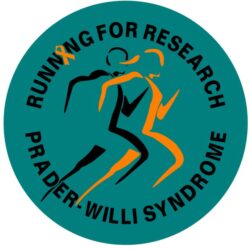Schaaf-Yang syndrome is a genetic condition that affects many parts of the body and is similar to Prader-Willi syndrome. Infants with this syndrome can have low muscle tone (hypotonia), feeding difficulties, developmental delay, intellectual disability, and autism spectrum disorder. They also typically have joint contractures, affecting the finger joints and sometimes the knees and elbows. This syndrome does not usually cause the high appetite seen in people with Prader-Willi syndrome. Schaaf-Yang syndrome is caused by a mutation in the MAGEL2 gene on chromosome 15. This syndrome is related to Prader-Willi syndrome because if MAGEL2 and several additional genes on chromosome 15 are missing or inactivated, then a person will develop Prader-Willi syndrome.
NIH/Genetic and Rare Diseases Information Center
Schaaf- Yang Syndrome is quite rare, with an estimated prevalence of approximately 1/1,000,000. Because Schaaf-Yang Syndrome is caused by a mutation on one of the genes in the PWS region (MAGEL2) research of the MAGEL2 gene will potentially help find treatments for both SYS and PWS.

